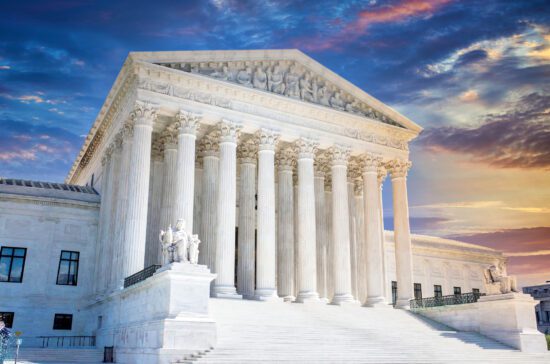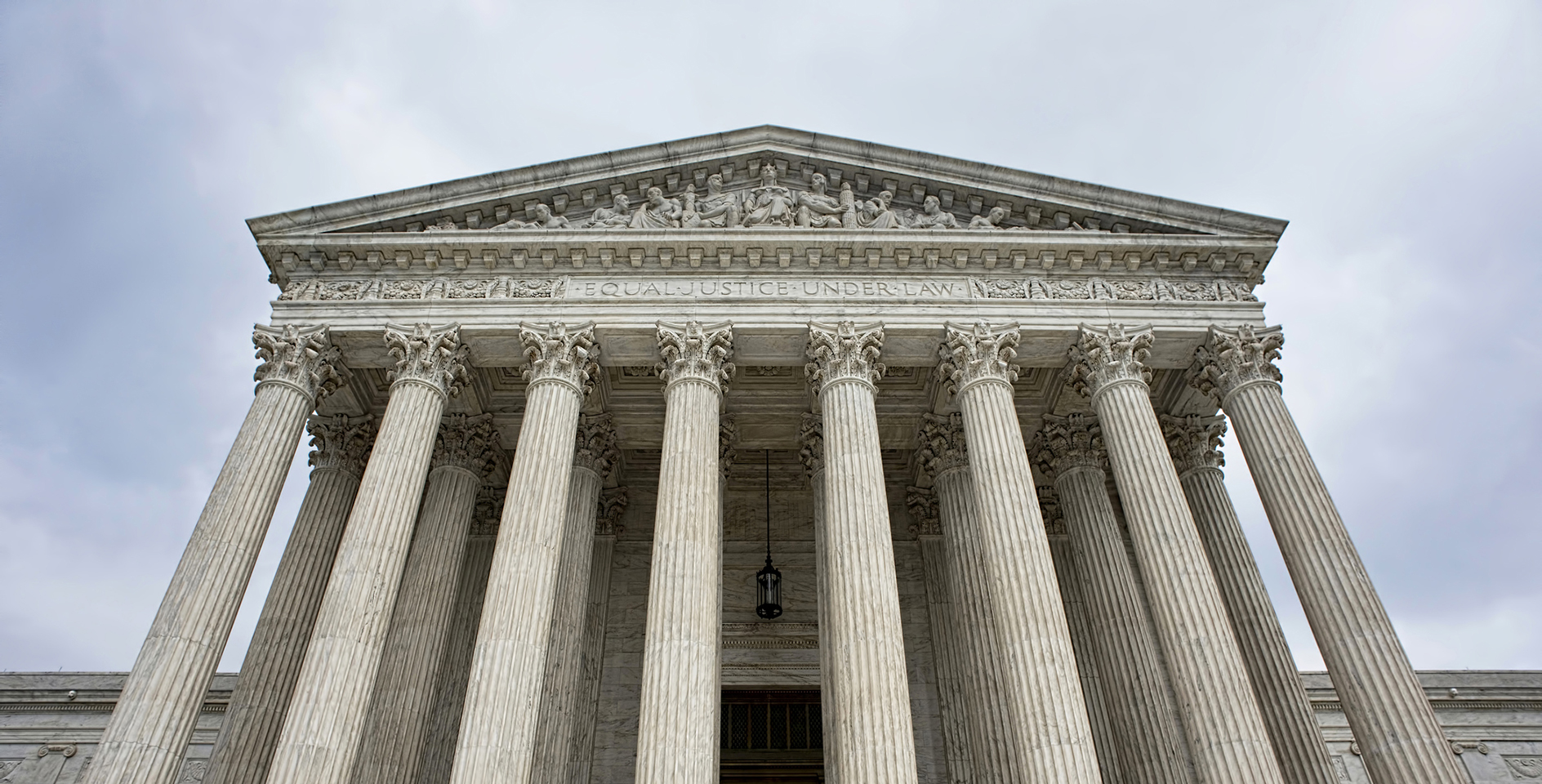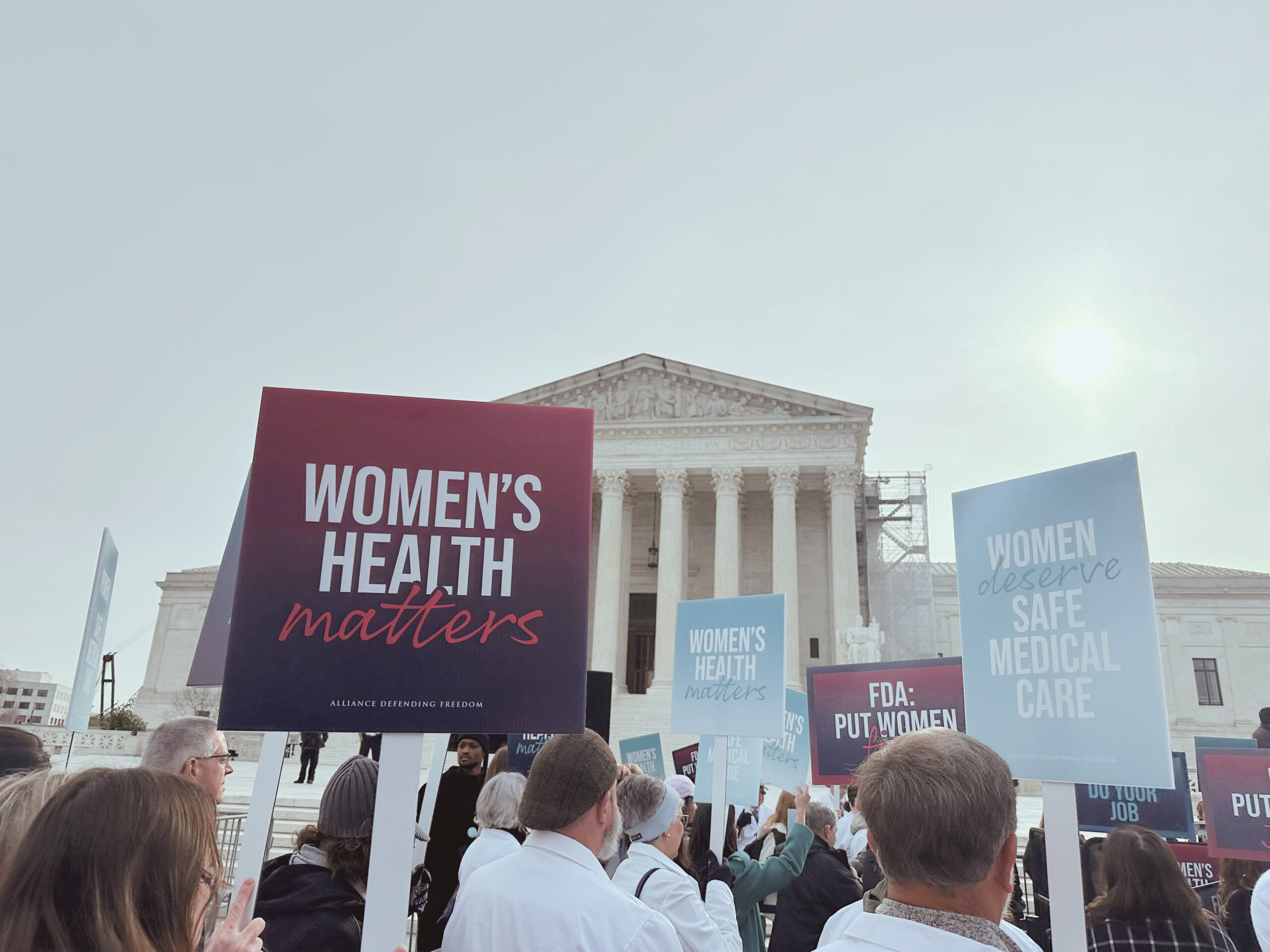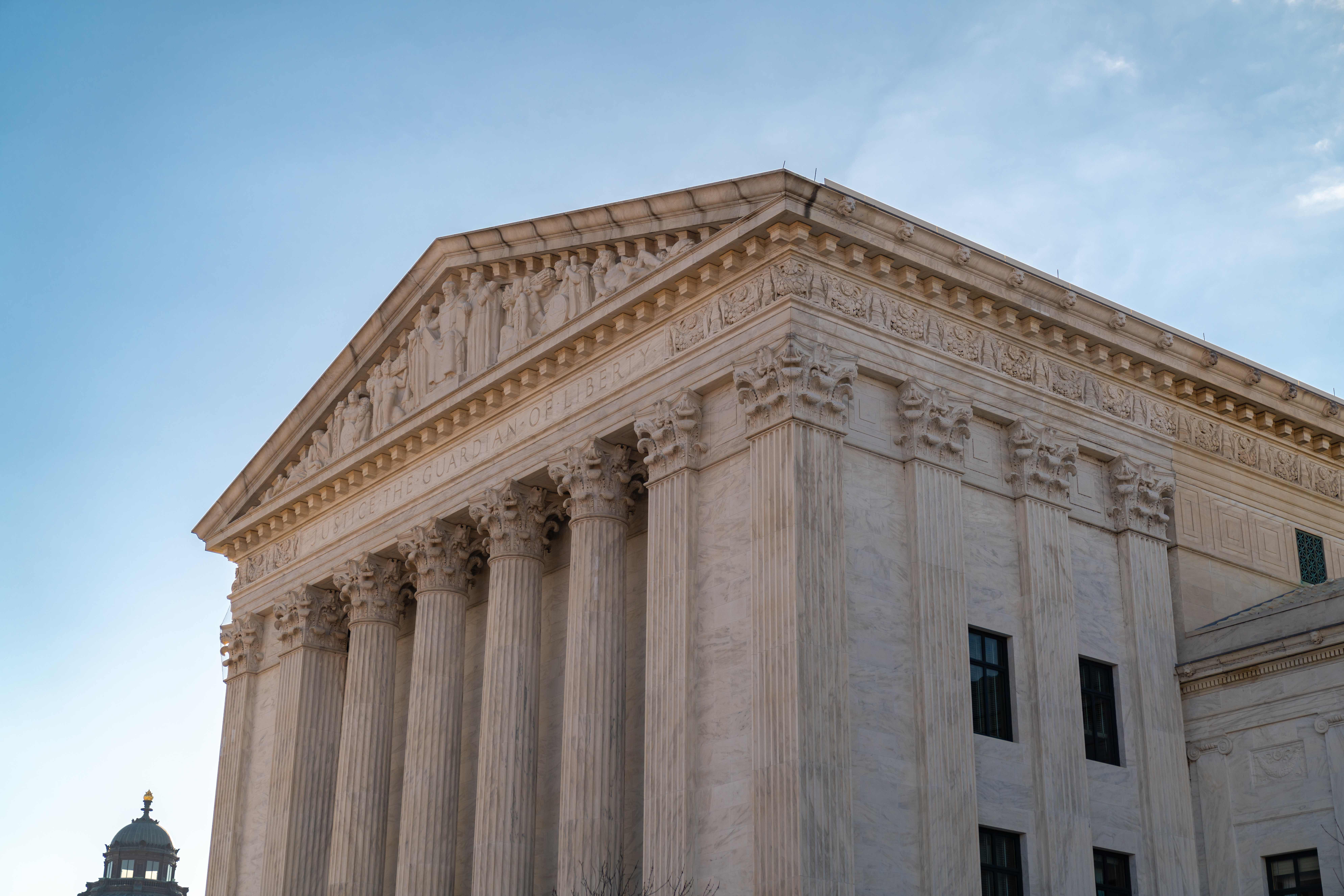The Supreme Court rejected a bid for more restrictions on the drugs for medication abortions, ruling against a group that included pro-life Christian doctors.
The doctors had argued that one drug, mifepristone, was unsafe, and that the US Food and Drug Administration (FDA) failed to uphold proper procedure when it relaxed regulations to obtain the drug by mail and at later stages in pregnancy. Assisting patients suffering complications from the medication would be against pro-life doctors’ consciences.
Drug abortions constitute more than 60 percent of abortions in the US and have grown in popularity since the Supreme Court overturned Roe v. Wade.
The court ruling was unanimous but on narrow grounds, holding that the doctors lacked standing, or the legal right to sue, because they were not the ones harmed by the drugs.
Justice Brett Kavanaugh, a Trump appointee, wrote for the majority. He acknowledged that the doctors are “pro-life, oppose elective abortion, and have sincere legal, moral, ideological, and policy objections to mifepristone” but said that they had not proved they would be harmed by the current regulations around the abortion drug.
“Under Article III of the Constitution, a plaintiff’s desire to make a drug less available for others does not establish standing to sue,” he said. “The plaintiff doctors and medical associations do not prescribe or use mifepristone. And the FDA has not required the plaintiffs to do anything or to refrain from doing anything.”
Kavanaugh noted that existing federal laws would “protect doctors from being required to perform abortions” or act in other ways that would run afoul of their consciences.
One of the doctors who was party to the case, Christina Francis, CEO of the American Association of Pro-Life Obstetricians and Gynecologists (AAPLOG), told CT in a March interview that the pro-life movement has work to do in countering the argument that “abortion is good for [women].”
There are “a myriad of immediate complications that [abortion] can cause,” she said. “The abortion pill, which is now being pushed on women in really unsafe ways, causes a host of complications.”
“New legal challenges may emerge, and the ERLC will look for opportunities to engage,” Brent Leatherwood, president of the Ethics and Religious Liberty Commission of the Southern Baptist Convention, stated. “We all should be resolute in our efforts to elect leaders and support legislative solutions that protect innocent lives and defend mothers against the predatory abortion industry.”
Read the full Christianity Today article here.









